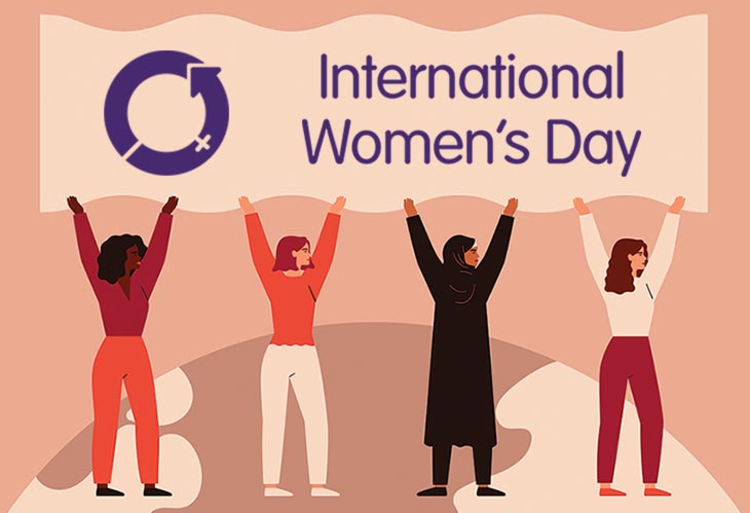Gender equality good for post-Covid recovery

This year is a special International Women’s Day. Not only is it exactly 110 years since the first International Women’s Day, when more than a million women and men joined forces and raised their voices for equal rights.
We are also at an important turning point this year on this March 8. Over the past year, many of our lives have been temporarily halted by the worst health crisis in generations. As they stood at the forefront in the fight against the pandemic in our hospitals and nursing homes, women were disproportionately affected by the pandemic; they paid a higher price, both economically and socially.
Domestic and gender-based violence increased, women took on a larger share of household tasks and Eurostat’s unemployment figures show that while the male unemployment rate increased from 6.2pc to 7.1pc in December 2020, the increase among women was more significant, from 6.7pc to 7.9pc.
In the coming years, we need to rebuild our societies and our economies for the better. If we want to grow and thrive in the post-Covid-19 world, we need a more inclusive approach that unlocks all talents, including those of women.
How can we manage to do this? First of all, we need to move beyond the ideological debates of the past. Equality between women and men is enshrined in Article 23 of the Charter of Fundamental Rights. This right is non-negotiable. It is one of the fundamental pillars on which we have built our European societies.
Secondly, more than ever, we have to advance the economic case for gender equality. Of course, gender equality is morally the right thing to do. But equal opportunities also matter to enable social and economic progress. When women prosper, societies prosper. Gender-equal societies are richer societies, in all senses of the word. Gender equal economies perform better, according to all research.
Whether we manage to build back better will depend on the choices we make when rolling out our post-Covid-19 recovery plans. They are a unique opportunity to rebuild more efficiently and more inclusively, ensuring women’s participation in the economy and addressing income inequalities.
If we want to build long-term economic resilience after Covid-19, we must address gender-specific issues that have been preventing women from having equal rights and opportunities. This is why we need to incorporate successful gender approaches in European stimulus and recovery packages. Gender equality and, more in general, inclusiveness are important transformation drivers for the renewal of our economies after the pandemic. If we succeed in unlocking women’s full economic and entrepreneurial potential, our recovery efforts will lead stronger and more resilient economies and societies.
Thirdly, we need to step up our international efforts. Women and girls are often the first victims during crises. This was no different for the Covid-19 pandemic. The severe health crisis has exposed the vulnerable position of girls and women in many parts of the world, especially in fragile and conflict-affected states.
It is important the new US administration is back at the table to fight, together with us, for the rights of girls and women around the world.
As global development leader, Europe has a special responsibility. We must make every possible effort to make sure its humanitarian and development response to the Covid-19 pandemic includes strengthening access to education and healthcare for girls and women, including promoting SRHR [sexual and reproductive health and rights], and supporting girls and women in their journey to economic independence.
One op-ed on International Women’s Day will not suffice to get there. It will require a much more sustained effort, for many years to come.
Let us seize this moment to build more inclusive and caring societies where equal rights are paramount, not only on paper but also in everyday life. It will not only empower women, but also men. Since equal rights will be a step forward for both, allowing men as well to break out of traditional roles and stereotypes.
It will not be easy. But it is possible.
Alexander De Croo
Prime Minister of Belgium
Klaus Iohannis
President of Romania
Kaja Kallas
Prime Minister of Estonia
Stefan Löfven
Prime Minister of Sweden
Sanna Marin
Prime Minister of Finland
Micheál Martin
Taoiseach
Kyriakos Mitsotakis
Prime Minister of Greece
Pedro Sánchez
Prime Minister of Spain
Ursula Von Der Leyen
European Commission President
Xavier Bettel
Prime Minister of Luxembourg

